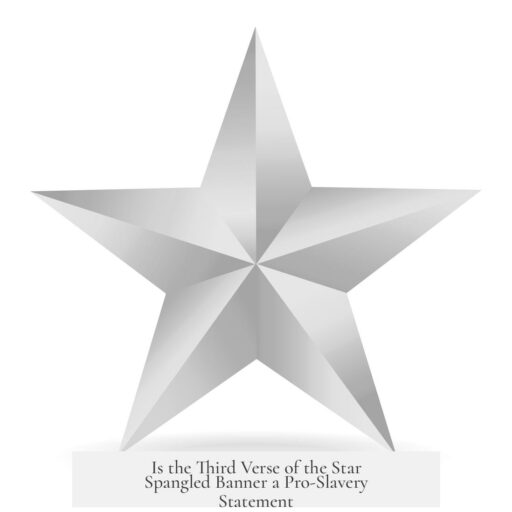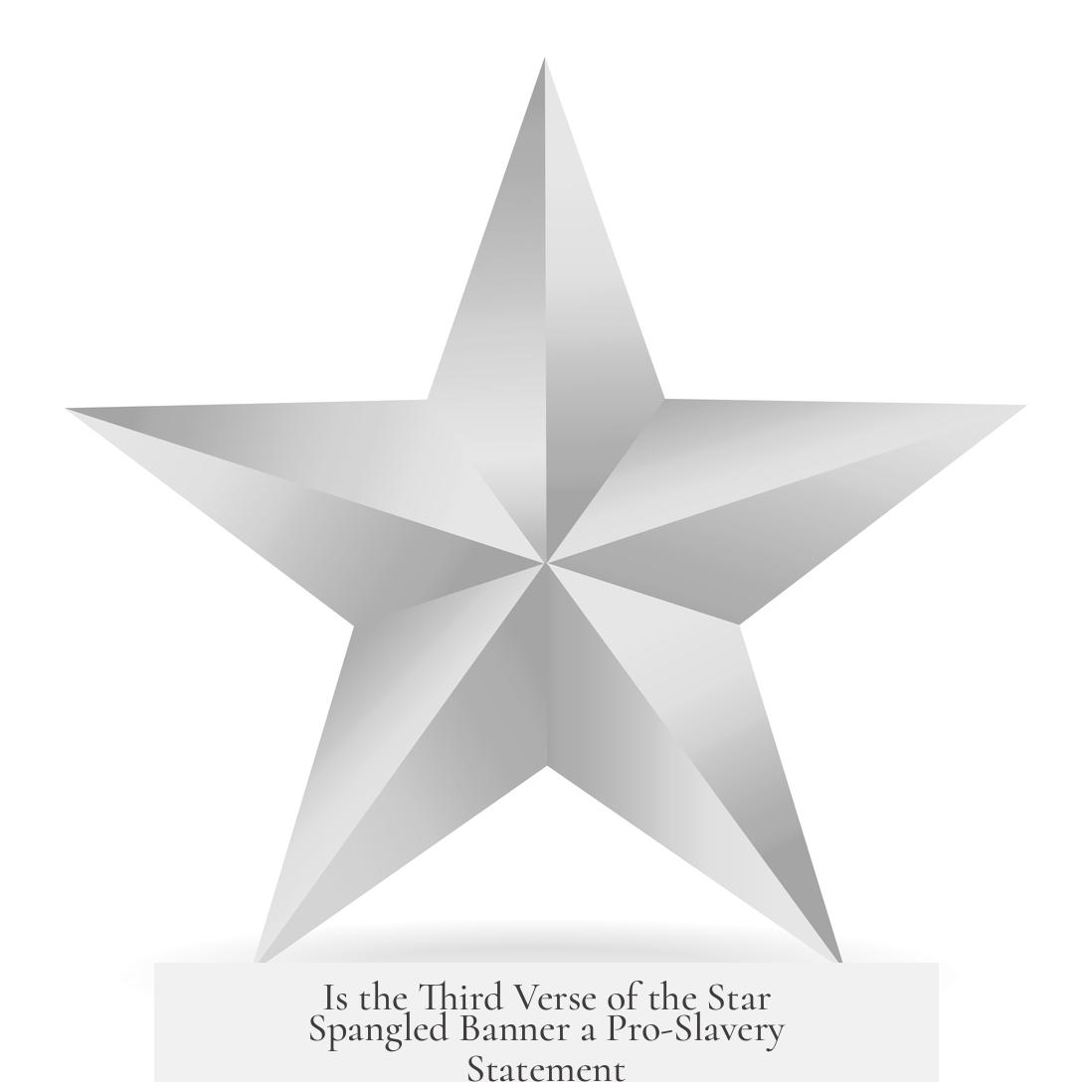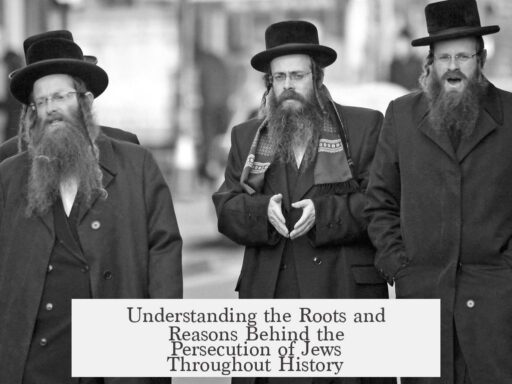The third verse of the “Star-Spangled Banner” is not a statement affirming slavery but rather reflects the historical context of the War of 1812 and uses metaphorical language condemning Britain’s forces and their allies, including hired soldiers and conscripted slaves.
The contentious third verse contains the lines:
No refuge could save the hireling and slave From the terror of flight or the gloom of the grave: And the star-spangled banner in triumph doth wave, O’er the land of the free and the home of the brave.
This passage has drawn criticism for the use of the word “slave.” Some interpret it as celebrating the deaths of enslaved people who fought alongside British forces during the War of 1812, leading to calls for the anthem’s modification or replacement. However, a close examination of the historical and literary context reveals a more complex meaning.
During the War of 1812, the British Navy resorted to impressment, forcibly conscripting American sailors and using freed or captured slaves as soldiers. For Americans, impressment was akin to slavery, stripping men of liberty and sovereignty. Francis Scott Key, who wrote the poem that became the anthem, was directly affected; he was detained by the British when negotiating the release of prisoners. His personal experience with British imposition influenced the tone and meaning of the lyrics.
At the time, slavery was legal in Maryland, where the events took place, and Francis Scott Key himself was a slave owner. His personal attitudes reflected prevailing racial prejudices of the era—he reportedly considered African Americans “a distinct and inferior race.” This background complicates interpretations of the anthem, but it does not mean the song explicitly endorses slavery.
The reference to “hireling and slave” in the third verse primarily targets British forces and their allied mercenaries and conscripts. “Hireling” refers to paid soldiers fighting not out of loyalty but for pay. “Slave” is likely a metaphor describing conscripted or impressed men forced into battle without choice. Historical usage of “slave” in literature and political rhetoric often denoted people suffering under tyranny or oppression, rather than chattel slavery exclusively.
Francis Scott Key’s imagery contrasts “the land of the free and the home of the brave” with those bound to foreign control or coerced into fighting against American independence. The anthem celebrates American victory, freedom, and resilience. It condemns the forces trying to suppress the fledgling American republic but stops short of making any statement that affirms or glorifies slavery.
While the anthem and its third verse reflect the realities of the era, including Key’s personal views and systemic racism, the song does not serve as a proslavery anthem. Instead, it memorializes the defense of American sovereignty during a war centered on issues such as impressment and national honor.
Debate persists about the anthem’s place in modern America. Critics argue the lyrics, especially the third verse, contain problematic language and fail to represent all citizens, urging a new anthem that embraces inclusivity and diversity. Others emphasize its symbolic value, honoring historical struggles for American freedom despite imperfections.
Understanding the third verse requires situating it within its historical moment. It references the defeat of British-aligned forces, some of whom were enslaved individuals fighting under duress, but it does not endorse slavery. The use of the word “slave” operates in a metaphorical and political context describing oppression, conscription, and tyranny.
| Aspect | Explanation |
|---|---|
| Historical Context | War of 1812; British impressed American sailors; British used mercenaries and freed/captured slaves in their army. |
| Author’s Background | Francis Scott Key owned slaves and held racial prejudices common in his era. |
| Meaning of “Hireling and Slave” | Metaphor for conscripted mercenaries and soldiers under duress. |
| Song’s Theme | Celebrates American victory and liberty over British forces. |
| Contemporary Debate | Calls for anthem replacement due to perceived racial insensitivity versus preserving national heritage. |
- The third verse uses “slave” metaphorically, referring to coerced soldiers, not an endorsement of slavery.
- Francis Scott Key’s personal slave owning complicates but does not define the anthem’s message.
- The anthem celebrates American freedom following a war against British oppression and impressment.
- Calls to change the anthem reflect ongoing reassessment of historical symbols and inclusion.
- No explicit proslavery statement exists in the third verse; it critiques British forces and celebrates American resilience.
Is the third verse of the Star-Spangled Banner a direct statement supporting slavery?
No, the third verse does not directly support or praise slavery. It focuses on the American victory over British forces during the War of 1812. The verse condemns those who fought against America, including hired soldiers and conscripted men.
What does the phrase “hireling and slave” mean in the song’s context?
The phrase likely refers metaphorically to British mercenaries and forced soldiers, including impressed sailors. It is not an endorsement of chattel slavery but highlights those fighting for Britain under compulsion or pay, seen as enemies of the American cause.
How does the historical context of the War of 1812 shape the meaning of the third verse?
The verse reflects conflict over British impressment of American sailors and the use of freed or escaped slaves as soldiers. The song celebrates American resistance to these actions, not slavery itself.
Did Francis Scott Key’s personal views influence the song’s message on slavery?
Key owned slaves and held racist views common for the era. However, the anthem’s lyrics focus on national defense and liberty, not slavery. The song’s meaning should be separated from Key’s personal beliefs.
Have interpretations of the third verse changed over time?
Yes, some view it as a troubling line because it seems to celebrate the deaths of escaped slaves fighting with the British. Others see it as a metaphor for those opposing American freedom during the war, without endorsing slavery.
Is the third verse still commonly sung or taught today?
Most Americans only sing the first verse. The third verse, containing the “hireling and slave” line, is often omitted due to controversy and unclear meaning related to slavery. It remains part of the full anthem historically.



